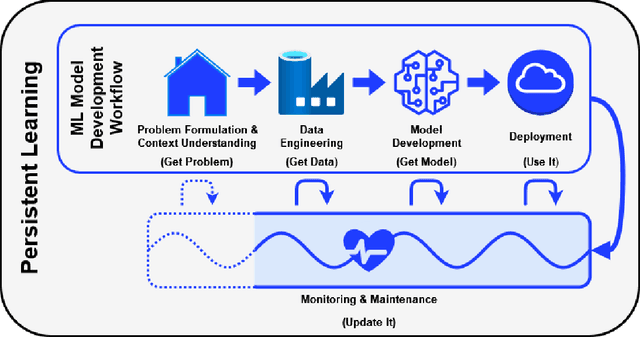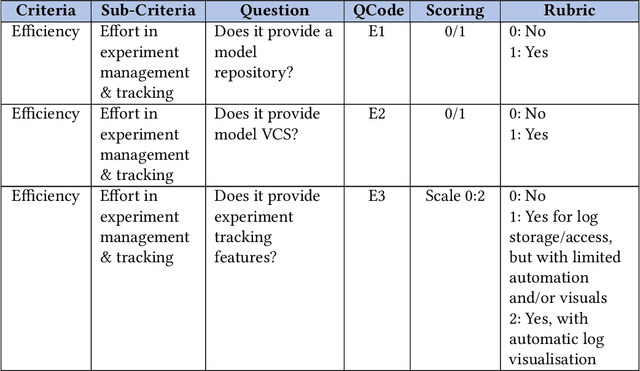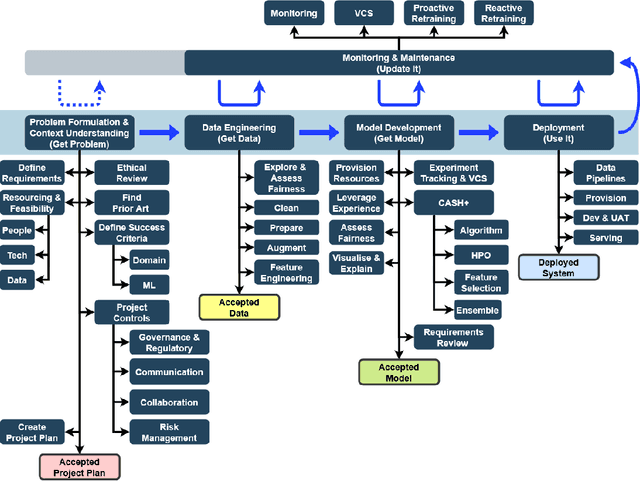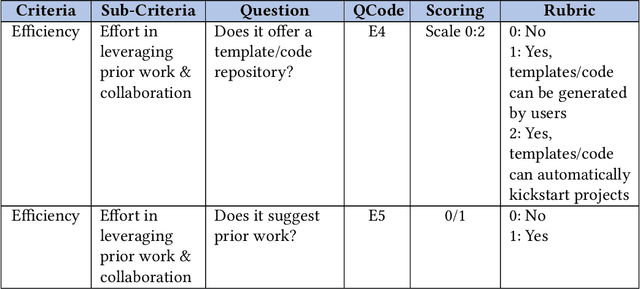The Technological Emergence of AutoML: A Survey of Performant Software and Applications in the Context of Industry
Paper and Code
Nov 08, 2022



With most technical fields, there exists a delay between fundamental academic research and practical industrial uptake. Whilst some sciences have robust and well-established processes for commercialisation, such as the pharmaceutical practice of regimented drug trials, other fields face transitory periods in which fundamental academic advancements diffuse gradually into the space of commerce and industry. For the still relatively young field of Automated/Autonomous Machine Learning (AutoML/AutonoML), that transitory period is under way, spurred on by a burgeoning interest from broader society. Yet, to date, little research has been undertaken to assess the current state of this dissemination and its uptake. Thus, this review makes two primary contributions to knowledge around this topic. Firstly, it provides the most up-to-date and comprehensive survey of existing AutoML tools, both open-source and commercial. Secondly, it motivates and outlines a framework for assessing whether an AutoML solution designed for real-world application is 'performant'; this framework extends beyond the limitations of typical academic criteria, considering a variety of stakeholder needs and the human-computer interactions required to service them. Thus, additionally supported by an extensive assessment and comparison of academic and commercial case-studies, this review evaluates mainstream engagement with AutoML in the early 2020s, identifying obstacles and opportunities for accelerating future uptake.
 Add to Chrome
Add to Chrome Add to Firefox
Add to Firefox Add to Edge
Add to Edge